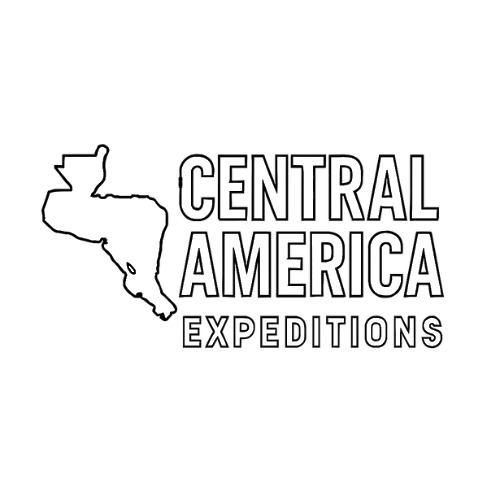Nicaragua is a vibrant country in Central America known for its dramatic landscapes, colonial cities, and warm hospitality. From the volcanic peaks of León to the lush islets of Lake Nicaragua, the country offers an authentic and diverse travel experience. Whether you’re looking to explore cloud forests, surf Pacific waves, or unwind on the Caribbean Corn Islands, our country has something for every traveler. Rich in history and culture, yet still under-the-radar, it invites visitors to discover its natural beauty and charming traditions with fewer crowds.
Before planning your trip, we recommend checking the latest travel requirements for your destination. Entry rules can vary depending on your nationality, vaccination status, and transit points. For the most accurate and up-to-date information, please use the official TravelDoc tool to verify visa policies, health regulations, and documentation needed for your journey.
Citizens from the U.S., Canada, the EU, and most Latin American countries can enter visa-free for up to 90 days. A tourist entry fee may apply upon arrival.
Routine vaccines (MMR, tetanus, hepatitis A) are recommended. Hepatitis B, typhoid, and rabies are advised for longer stays or rural travel. No yellow fever vaccination required unless arriving from a yellow fever zone.
The dry season, from November to April, is the best time to visit. May to October is the rainy (green) season but still great for travel with fewer tourists and lush scenery.
Nicaragua has a tropical climate. The Pacific coast is hot and dry during the dry season, while the Caribbean coast is more humid year-round.
Yes. In restaurants, a 10% tip is customary if not already included. Small tips are appreciated for drivers, guides, and hotel staff.
Internet access is widely available in cities and tourist areas. Most hotels, cafes, and restaurants offer free Wi-Fi.
Yes, ATMs are common in cities and tourist destinations. It’s wise to carry some cash when traveling to remote areas.
Major credit cards are accepted at hotels, restaurants, and large stores. Smaller businesses may only take cash.
Yes, if your phone is unlocked, you can buy a local SIM card from providers like Claro or Tigo. Roaming is available but can be expensive.
In urban areas and tourist sites, Western-style toilets are standard. In rural areas, facilities may be basic. Carry toilet paper just in case.
Tap water is not considered safe to drink in most parts. Bottled water is recommended and widely available.
Generally yes, especially in tourist zones. As with any destination, use common sense: avoid displaying valuables, don’t walk alone late at night, and follow local advice.
Stay hydrated, use insect repellent, wear sunscreen, and avoid undercooked food. Travel insurance is highly recommended.
While not mandatory, travel insurance is strongly advised to cover medical emergencies, trip delays, or theft.
